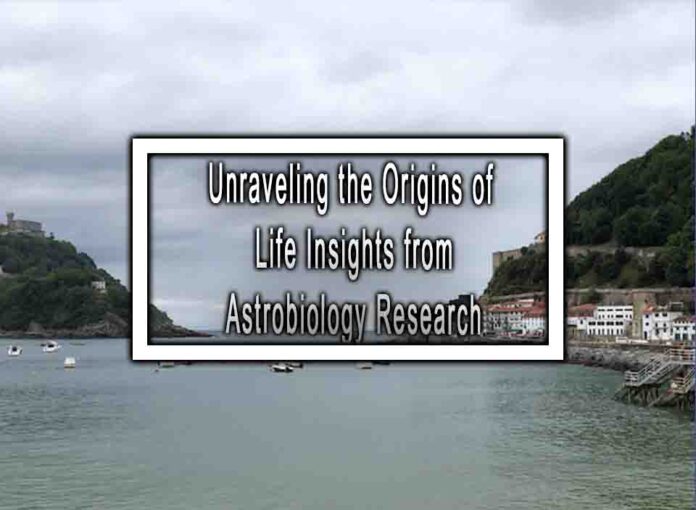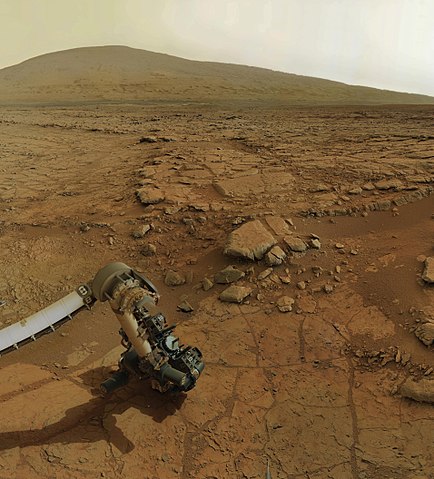Astrobiology is a multidisciplinary field that seeks to understand the origins of life, its potential existence beyond Earth, and the conditions necessary for life to thrive. Insights from astrobiology research have contributed significantly to our understanding of the origins of life on Earth and the possibility of life elsewhere in the universe. Here are some key insights and findings from astrobiology research:
Conditions for Life on Earth:
- Astrobiology has helped identify the conditions necessary for life as we know it. This includes the presence of liquid water, organic molecules, a source of energy, and a stable environment.
- Research has shown that life can exist in extreme environments on Earth, such as hydrothermal vents, acidic lakes, and deep underground, expanding our understanding of where life might exist elsewhere.

Origins of Life on Earth:
- Astrobiology research explores the various hypotheses about the origin of life on Earth. One prominent theory is the “RNA world hypothesis,” suggesting that self-replicating ribonucleic acid (RNA) molecules played a crucial role in the emergence of life.
- Experiments in astrobiology have recreated the conditions of early Earth to study how simple organic molecules could have evolved into more complex ones, eventually leading to life.
Extremophiles and Adaptation:
- Astrobiology has discovered extremophiles, organisms that can survive and thrive in extreme conditions, such as extreme temperatures, high radiation, and high pressure.
- These extremophiles provide insights into how life might adapt and survive in harsh environments on other celestial bodies, such as Mars or icy moons like Europa and Enceladus.
Search for Extraterrestrial Life:
- Astrobiology research has led to the development of strategies and technologies for searching for extraterrestrial life, including the study of Mars, the search for microbial life on Mars, and the exploration of icy ocean worlds.
- The discovery of extremophiles on Earth has expanded the “habitable zone” concept, suggesting that life could potentially exist in a broader range of environments in the universe.
Exoplanets and Habitable Zones:
- The discovery of thousands of exoplanets (planets outside our solar system) has expanded our understanding of planetary systems. Astrobiology research identifies exoplanets within the “habitable zone,” where conditions might be suitable for liquid water and, potentially, life.
- Upcoming telescopes and space missions are poised to study the atmospheres of exoplanets and look for signs of habitability and biosignatures.
Ethical Considerations:
- Astrobiology research also delves into ethical and philosophical questions about the search for extraterrestrial life, the potential discovery of microbial life on Mars or elsewhere, and the implications for science and society.
Astrobiology and Space Exploration:
- Astrobiology plays a critical role in guiding space exploration missions. It informs the search for life on Mars, the study of icy moons, and the planning of future missions to search for signs of life beyond Earth.
In summary, astrobiology research offers valuable insights into the origins of life on Earth, the conditions necessary for life, and the potential for life to exist elsewhere in the universe. It combines knowledge from various scientific disciplines, including biology, chemistry, geology, and astronomy, to unravel some of the most profound questions about life’s place in the cosmos.











